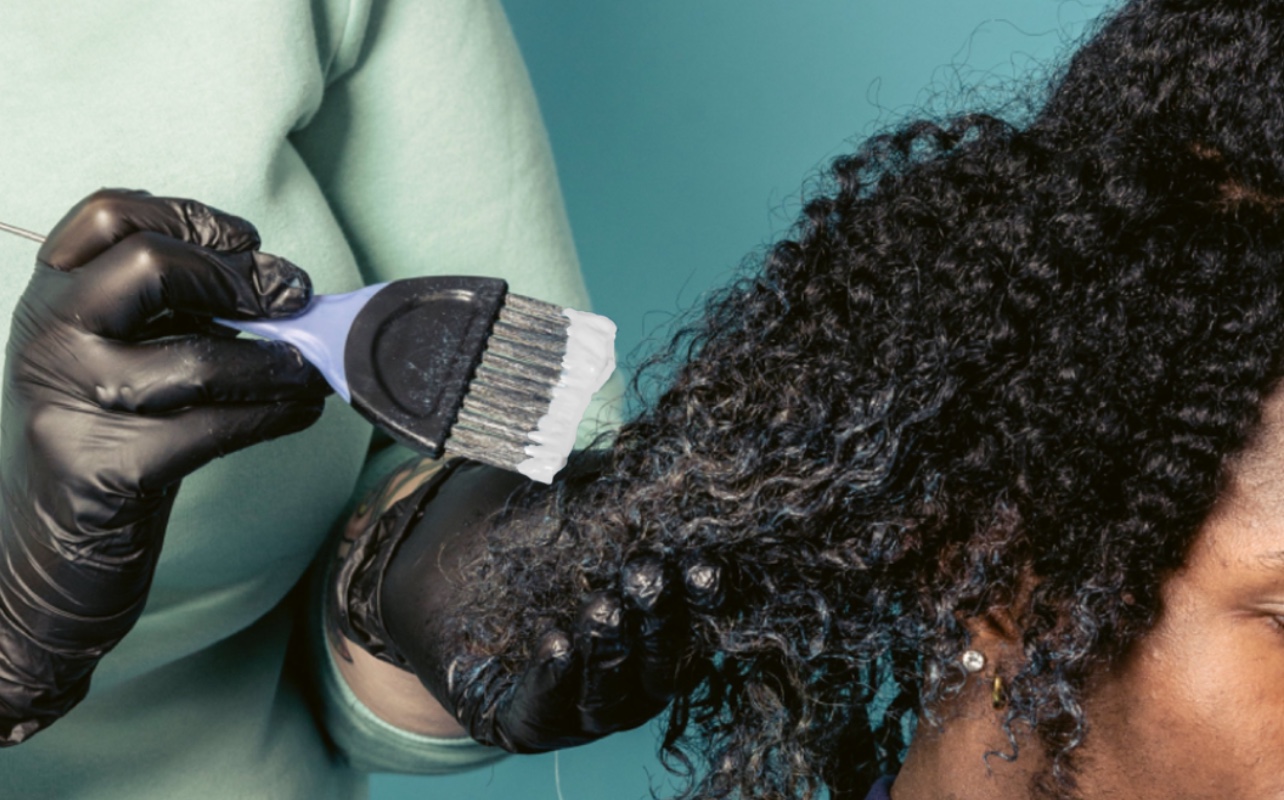
May 2, 2024
FDA Disregards Deadline To Ban Cancerous Formaldehyde Found In Hair Relaxers
The FDA is remaining silent on why the agency missed its deadline to ban formaldehyde found in hair-straightening products.
The Food and Drug Administration missed its own deadline to ban formaldehyde in hair-straightening products.
The proposed ban was scheduled to go into effect in April; but with the month coming to a close and May beginning, its become more clear that the agency missed its own deadline, NBC News reported. The FDA hasn’t released a statement on why the ban has yet to go into effect after previously announcing the Unified Agenda’s plans for an April action date.
“We are still developing the proposed rule and cannot comment further about questions of timing or content at this time,” the FDA said at the time.
The proposed ban came in response to studies that found a link between some of the ingredients in hair-smoothing and hair-straightening products — commonly used by Black women — and cancer. A decades-long study released by the National Institutes of Health in 2022 on over 33,000 Black women found an increase in uterine cancer among those who regularly used hair relaxers.
A number of women who developed uterine cancer or other severe illnesses joined class-action lawsuits against beauty corporations like L’Oreal and Revlon accusing them of selling hair products with ingredients that caused them to develop uterine cancer or other acute health problems.
Revlon denies the allegations, saying the company does not “believe the science supports a link between chemical hair straighteners or relaxers and cancer.” L’Oreal welcomed the ban and said their hair products don’t contain formaldehyde.
Hair straighteners aren’t the only products that contain formaldehyde. Household and beauty items like nail polishes, hair gels, baby shampoos, and others include components that, once heated, can release formaldehyde. The National Cancer Institute links the highly toxic chemical to certain forms of cancer.
It’s argued that more beauty products with the controversial substance are marketed to Black women than white women.
“About 50% of products advertised to Black women contain these types of chemicals, compared to maybe only 7% that are advertised to white women,” Tamarra James-Todd of Harvard T.H. Chan School of Public Health said in 2020.
Democratic Rep. Ayanna Pressley of Massachusetts is urging the FDA to finalize the ban sooner rather than later.
“The FDA’s proposal to ban harmful chemicals in hair relaxers is a win for public health — especially for the Black women whose health has been disproportionately put at risk due to systemic racism and anti-Black hair sentiment,” she said.
“We have been pressing for this and the Administration should finalize this rule without delay.”
RELATED CONTENT: Will The FDA’s Possible Ban On Chemical Relaxers Affect Hair Salons And Further Research?